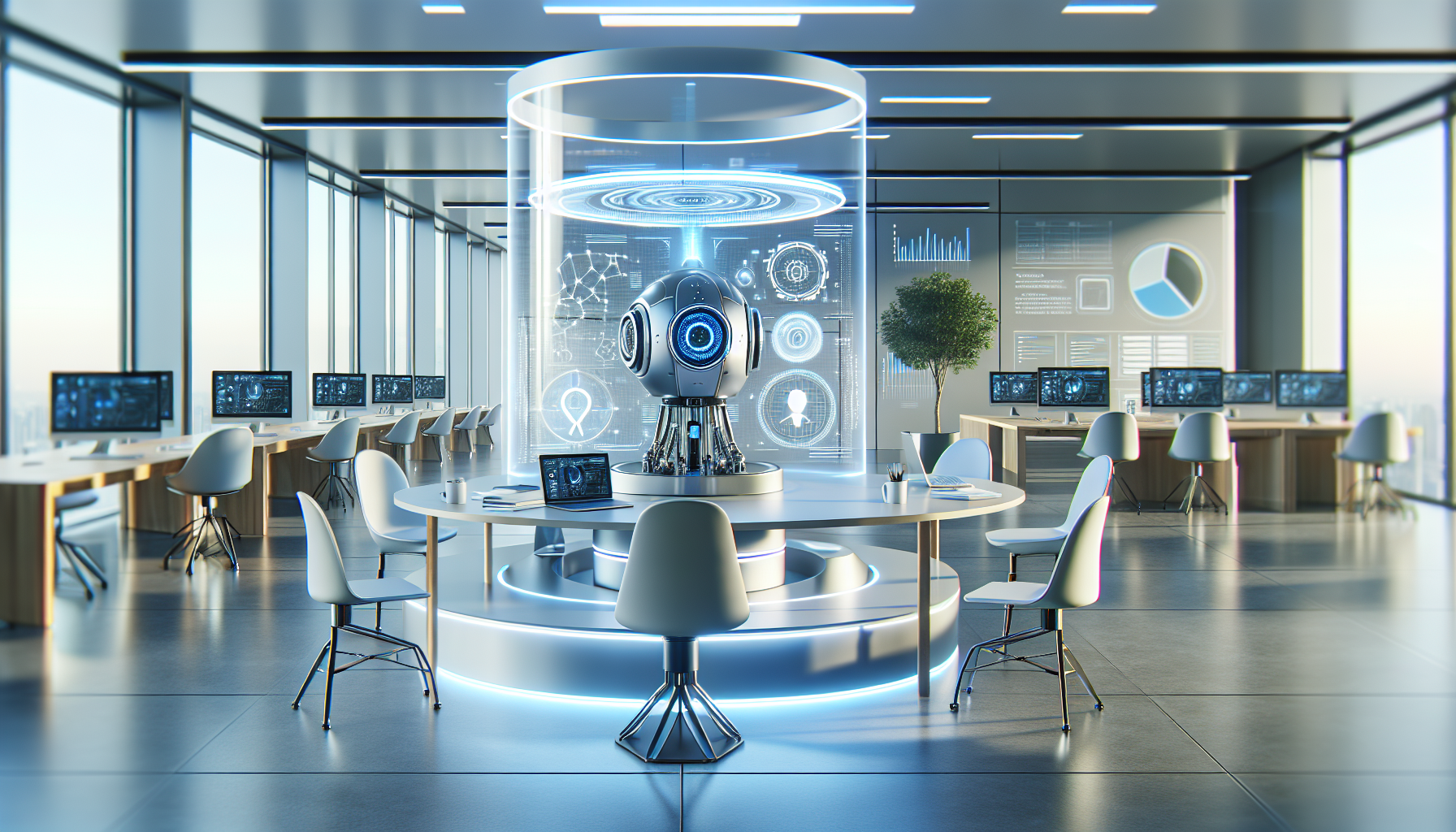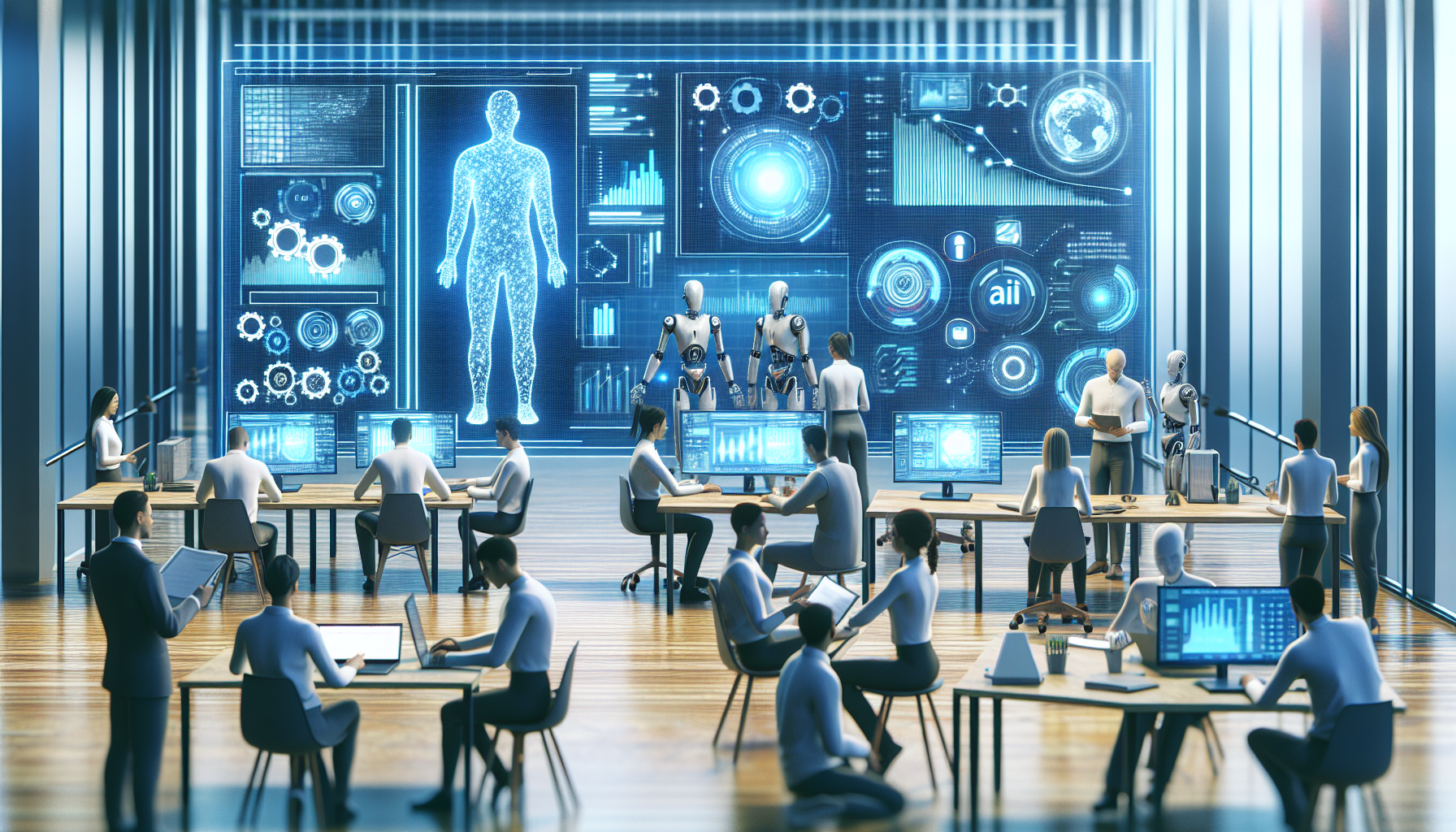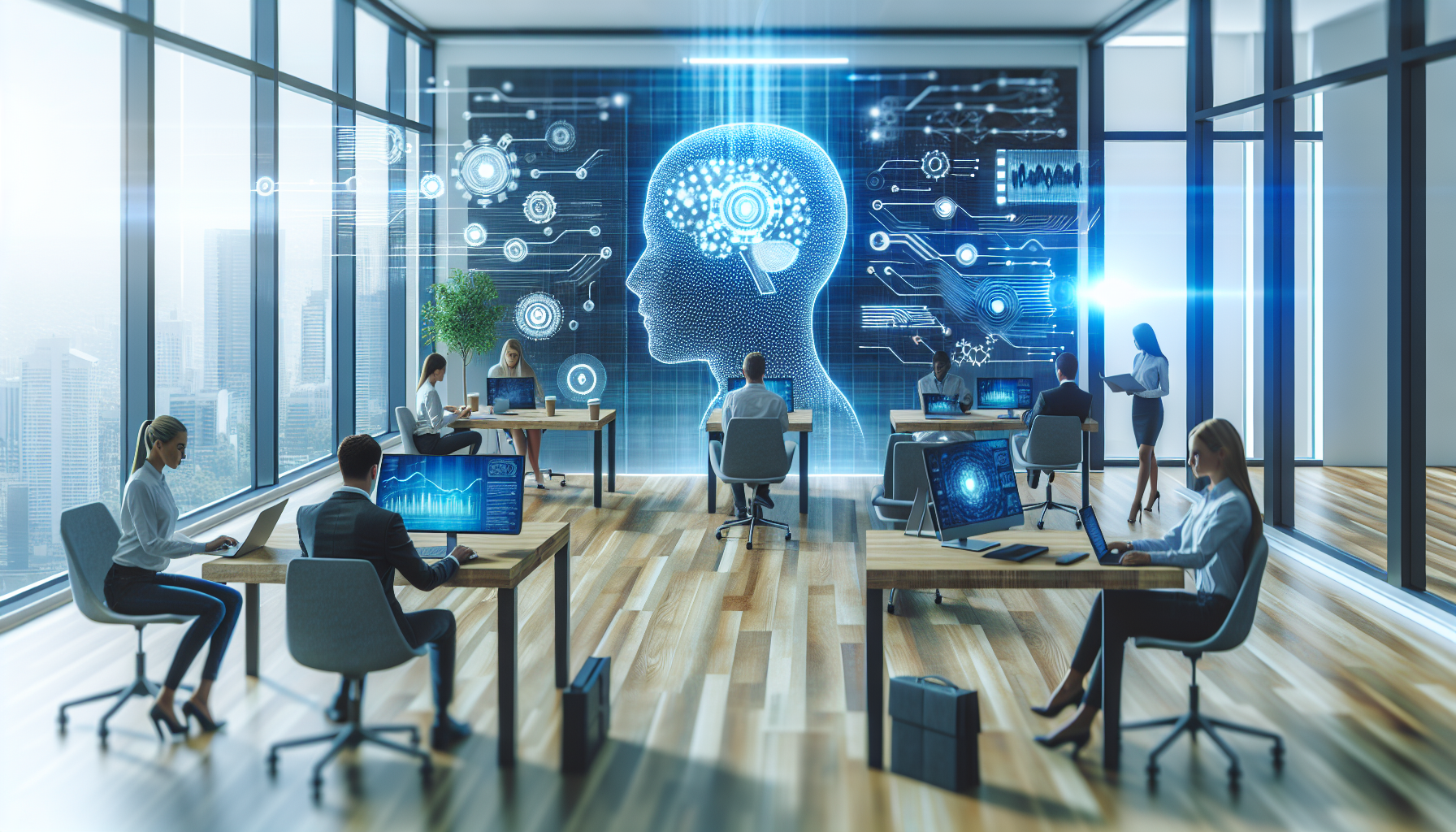
Cognitive Computing vs. Traditional AI: A New Chapter in the Digital Dialogue
October 27, 2025
Artificial Intelligence is no longer just a buzzword thrown around in tech circles—it's a reality shaping industries and redefining possibilities. But there’s a twist in this tale: cognitive computing. Imagine your computer not just processing your requests, but genuinely "understanding" them. Welcome to the next chapter of AI—where machines don’t just compute; they think.
Let's dive into what sets cognitive computing apart from traditional AI. Picture AI as a skilled musician, adept at following a sheet of music to perfection. In contrast, cognitive computing is like a jazz musician—improvising, sensing the mood of the room, and creating something new in real-time. Traditional AI is all about automation and efficiency, focusing on tasks that require high-level computation and data processing. Cognitive computing, however, aims to mimic human thought processes in a more nuanced way.
Traditional AI relies heavily on structured data and predefined algorithms. It's great at tasks where the parameters are well-defined, like playing chess or analyzing financial trends. Cognitive computing, on the other hand, thrives in ambiguity. It's designed to handle unstructured data—the kind of messy, real-world information that doesn’t fit neatly into spreadsheets. Think of it like this: while AI can analyze a legal document for errors, cognitive computing can read that same document, understand its implications, and even predict potential legal outcomes.
But how does cognitive computing achieve this? The magic lies in its architecture. While traditional AI systems are rule-based, cognitive computing systems use machine learning, natural language processing, and pattern recognition to process information much like the human brain. This means they can learn and adapt over time, refining their responses based on new data and interactions. It’s like training a puppy versus programming a robot. One requires understanding and patience; the other follows a set manual.
Consider the healthcare industry, where cognitive computing is making significant strides. Traditional AI can analyze patient data to identify patterns, but cognitive computing goes further, assessing symptoms, understanding patient histories, and even predicting potential illnesses based on lifestyle and genetic factors. It’s akin to having a doctor who remembers every patient interaction and continually updates their knowledge with the latest medical research.
In the world of business, cognitive computing tools are transforming customer service. Traditional AI might power a chatbot that answers frequently asked questions, but cognitive systems can engage in more meaningful dialogue, understanding context and providing personalized responses. They’re not just responding; they’re conversing.
Yet, despite its promise, cognitive computing isn't without its challenges. Building systems that accurately mimic human thought processes requires vast amounts of data and significant computational power. There’s also the issue of trust. Can we rely on machines that make decisions based on patterns we might not fully understand? Cognitive systems are getting better at explaining their reasoning, but the 'black box' problem—where the decision-making process is opaque—remains a concern.
Ultimately, the real strength of cognitive computing lies in its ability to augment human capabilities, not replace them. It’s about creating a partnership between humans and machines, where each complements the other’s strengths. Imagine a future where your cognitive assistant not only schedules your meetings but understands your priorities and suggests which ones to prioritize based on your current stress levels or upcoming deadlines.
As we stand on the brink of this new digital frontier, the question isn't which technology will win but how we can leverage the strengths of both traditional AI and cognitive computing to create solutions that are not only efficient but also insightful and adaptive. How will we ensure that these systems reflect the diversity of human thought and experience? And as these technologies evolve, how will they redefine our understanding of intelligence itself?
The conversation about AI and cognitive computing is just getting started. As we continue to explore and innovate, the possibilities are as limitless as the human mind—and the machines that strive to emulate it. So, what role do you think cognitive computing will play in the future of technology? And more intriguingly, how will we choose to interact with these ever-evolving digital companions?


